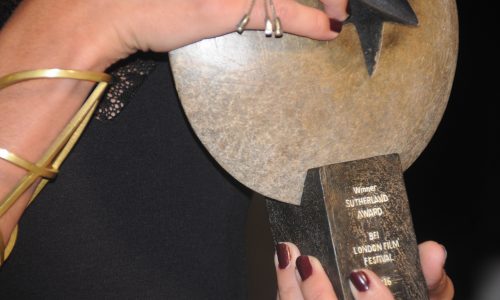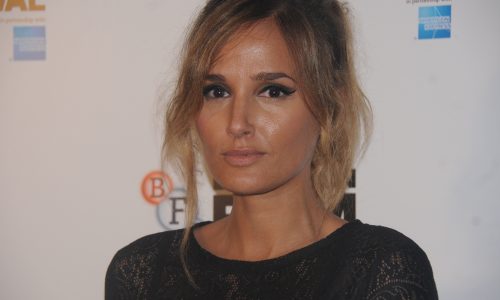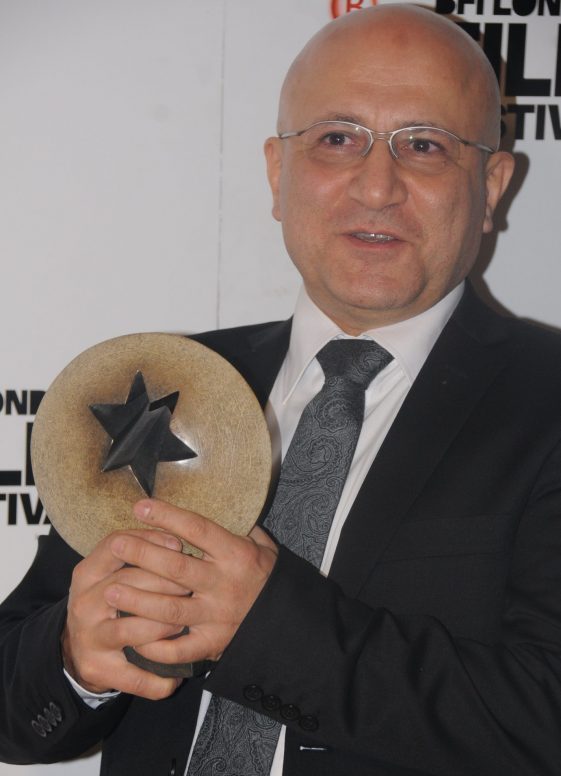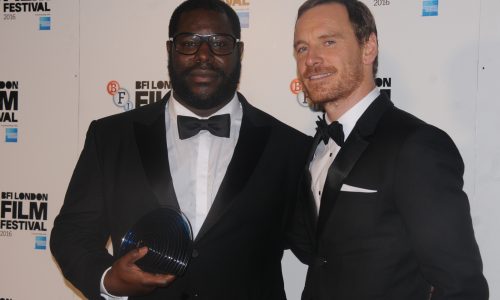
The London Film Festival has failed to give a single honour to a white man at this year’s award ceremony, showing the global film industry that Oscar doesn’t have to be so white – and there’s plenty of diversity among the talent the BFI has chosen to recognise.
A year after the theme of strong women dominated the event, with Cate Blanchett being made a BFI Fellow, as the Greek woman Athina Rachel Tsangari won the best film competition, female themes have once again come to the fore, with the Official Competition jury picking Kelly Reichardt’s Certain Women as its best film. Michelle Williams, Laura Dern and Lily Gladstone play three women, struggling through their very different lives in small-town Montana. The jury said the film was “a humane and poignant story that calibrates with startling vulnerability and delicate understatement the isolation, frustrations and loneliness of lives unlived in a quiet corner of rural America”. Sarah Gavron, whose Suffragette opened last year’s festival, presided over the jury’s decision. She said, “The bold charismatic acting of the women is at the centre of a film that is both unique and unsettling and will quite literally make some swoon”.

Another female director, Julia Ducournau from France, won the Sutherland Award for the best first feature, for Raw – described as a feminist teen cannibal tale. She says the film is a cross-over between comedy, drama and body horror. At a time when the film industry has been criticised for an under-representation of women behind the camera, she said she didn’t expect to see equality in her lifetime. But being recognised by the London Film Festival was an indication that things could be turning around. “It’s about time that things are starting to change,” she suggested, stressing the word “start.” “It’s good that doors are now being opened.”

The Grierson Prize for the best documentary also tackled a female theme. Starless Dreams, by Mehrdad Oskouei, is a look inside a rehabilitation centre for juvenile delinquent women in Iran. The International Emmy-winning documentary-maker Louise Osmond, who chaired the Grierson jury, said that from that description, you’d imagine a dark film, exploring a bleak world, but it was, in fact, the very opposite of that. “It took us into a world none of us knew anything about – the street kids, thieves and children of crack addicts of Iran – and showed us a place full of humour, life and spirit.”
For the first time, the London Film Festival handed out an award for the best short, which went to Issa Touma, Thomas Vroege and Floor van de Muelen for the documentary 9 Days – From My Window in Aleppo. As the title suggests, Touma – a Syrian photographer and gallery owner – chronicled his country’s civil war, as it raged outside his window in Syria’s largest city. The president of the short film jury, Mat Kirkby, said, “Not only does his documentary show what one person, one camera and a restricted view of an alleyway can do to reveal something as complex, confusing, and terrifying as a civil war, but also it demonstrates the power of film to reach the wider world, and make those of us more fortunate re-assess the freedom we take for granted.” Touma still returns to Aleppo every couple of months, despite now having an international career. He criticised other intellectuals, academics and artists who’ve fled Syria for the safety of the West, saying that you can’t change anything from far away and their absence leaves room for fanatics to grow.

The evening came to an end with the presentation of the BFI’s most prestigious honour, the Fellowship, to Steve McQueen, the British artist-turned-director, whose three features – Hunger, Shame and 12 Years A Slave – have all won critical acclaim. The glass trophy was presented to him by his friend and star of all three films, Michael Fassbender, who received his first Oscar nomination for 12 Years a Slave. For that film, McQueen became the first black producer to win a Best Picture Oscar, just before a two-year drought of black nominees in the acting categories sparked the Oscar So White controversy.
Opening the London Film Festival with Amma Assante’s A United Kingdom, featuring David Oyelowo in a headline event promoting black talent and honouring McQueen with a Fellowship – not to mention handing most of the other awards to women or films about women, the BFI has gone some way to showing Hollywood that the British film business is more open to diversity than its American cousin.
McQueen said he was chuffed to be made a BFI Fellow, which he said had given him “a little spring in his step.” But when asked about the BFI’s efforts to recognise diversity, McQueen simply walked away in silence.
